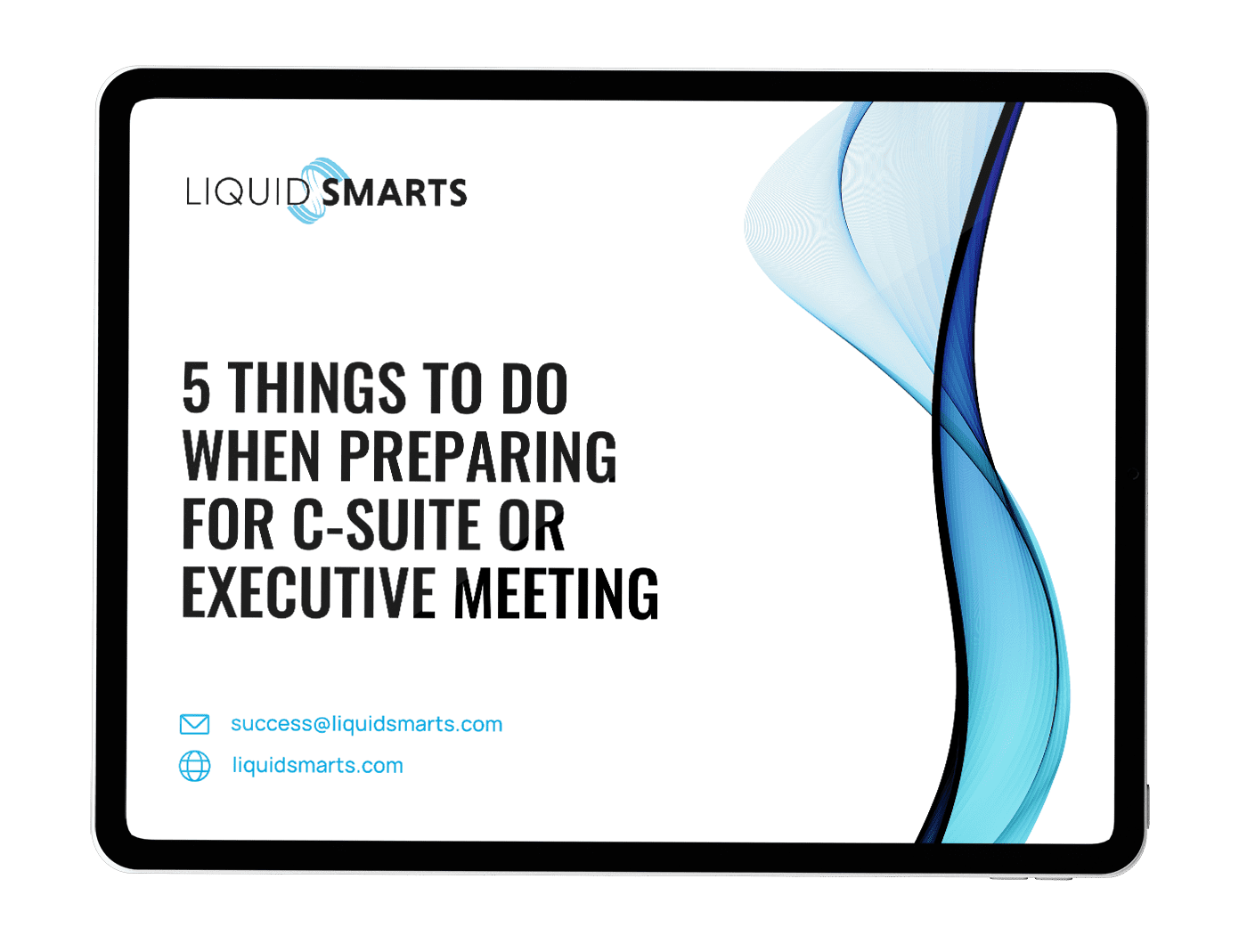While mentorship programs are widely recognized as beneficial for mentees, their importance for organizations is often overlooked. As leaders, we must look beneath the surface to uncover the less obvious yet profoundly impactful ways formal mentoring relationships can strengthen our businesses.
Through a well-designed mentorship initiative, companies have a unique opportunity not only to develop future talent from within but also to cultivate a culture of knowledge-sharing that spreads innovative ideas and maximizes institutional knowledge.
If structured thoughtfully, mentoring can help companies retain top performers, engage remote workers, boost diversity goals, and future-proof operations through succession planning.
Let’s explore the hidden benefits of mentorship and provide a blueprint for building an impactful program at your organization.
Understanding the Essence of Mentorship Programs
A mentorship program is a structured initiative that pairs a less experienced individual (mentee) with a seasoned professional (mentor) within an organization. The aim is to guide the mentee towards personal and professional development, equipping them with skills and insights to boost their career trajectory.
Mentorship programs often serve as a cornerstone for nurturing talent and unveiling untapped potential within an organization. They not only offer benefits to the mentee in the form of guidance and support but also provide mentors with an opportunity to refine their leadership skills and derive personal satisfaction from contributing to another’s growth.
Navigating the Challenges of Mentorship Programs
Despite their numerous benefits, mentorship programs are full of challenges. These potential pitfalls can hinder the program’s effectiveness and may deter its successful implementation.
- Lack of Clear Goals: A mentorship program without clearly defined goals is like a ship sailing without a compass. The absence of specific objectives can result in disappointment and diminish the program’s potential benefits.
- Inadequate Training for Mentors: Not all experienced professionals are cut out for the role of a mentor. Mentoring requires time, commitment, and specific skills that only some possess. Therefore, providing proper training for mentors is crucial.
- Time Constraints: Time is often the biggest obstacle in effective mentoring. Mentors need to balance their professional responsibilities with their commitment to their mentees. Please do so to maintain the mentor-mentee relationship.
- Compulsory Participation: Mandatory participation in mentorship programs can lead to resentment among employees, who may view it as an additional burden rather than an opportunity for growth.
- Over-dependence of the Mentee: Mentors need to ensure their mentees are independent of them. Mentoring aims to empower mentees to think independently and make informed decisions.
- Unsuccessful Mentorship Cases: There could be instances where, despite the best efforts, the mentorship program fails to deliver the desired benefits. In such cases, it’s best to terminate the relationship amicably.
The Multifaceted Benefits of Mentorship Programs
When implemented correctly, mentorship programs can bring significant change in the workplace. They can boost employee morale, foster a learning culture, and even improve the overall functioning of an organization.
- Personal Growth and Professional Development: Mentorship programs offer a unique platform for personal growth and professional development. Mentees gain valuable insights and feedback from their mentors, which can help them navigate their career path more effectively.
- Enhancing Diversity and Promoting Inclusivity: Mentorship programs can play a pivotal role in enhancing diversity and promoting inclusivity in the workplace. They provide a safe space for individuals from different backgrounds to learn, grow, and contribute to the organization’s success.
- Improving Recruitment Opportunities: Organizations can leverage mentorship programs to streamline their recruitment process. These programs can help identify potential leaders within the team, thus saving time and resources spent on external hiring.
- Reducing Employee Turnover Rates: By investing in mentorship programs, organizations can significantly reduce employee turnover rates. These programs can boost job satisfaction, foster a sense of belonging, and improve employee retention in the long run.
Harnessing the Power of Mentorship Programs
To harness the power of mentorship programs, organizations need to approach them strategically. This involves setting clear goals, providing adequate mentor training, ensuring voluntary participation, and assessing the program’s effectiveness regularly.
Moreover, it’s important to remember that the benefits of mentorship programs are not limited to the mentee alone. Mentors, too, can gain from this experience in terms of improved leadership skills, enhanced communication abilities, and a sense of personal fulfillment.
Ultimately, the success of a mentorship program lies in its ability to create a nurturing environment where mentors and mentees can learn, grow, and thrive.
As organizations continue to evolve and adapt to the changing dynamics of the workplace, mentorship programs will continue to play a crucial role in shaping the future leaders of tomorrow. Thus, investing in a mentorship program is not just an option but a necessity for organizations that foster a culture of continuous learning and development.
Supercharging Your Team with Mentoring
Mentorship programs have often been overlooked and undervalued, but as we have uncovered in this blog post, they hold many hidden benefits for mentees and mentors.
By understanding the essence of mentorship programs and navigating their challenges with practical strategies, organizations can truly harness the power of these programs to improve employee engagement, retention, leadership development, and overall company culture.
From tangible results such as increased productivity and job satisfaction to intangible outcomes like personal growth and professional connections, mentorship programs are valuable for any organization looking to invest in their employees’ success. So why wait?
Now is the time to take action and implement a personalized mentorship program for your team. Let’s work together to create a tailored program that meets your organization’s needs and watch as your team grows and excels beyond expectations.
Are you ready to supercharge your team through mentorship? Then let’s talk.







